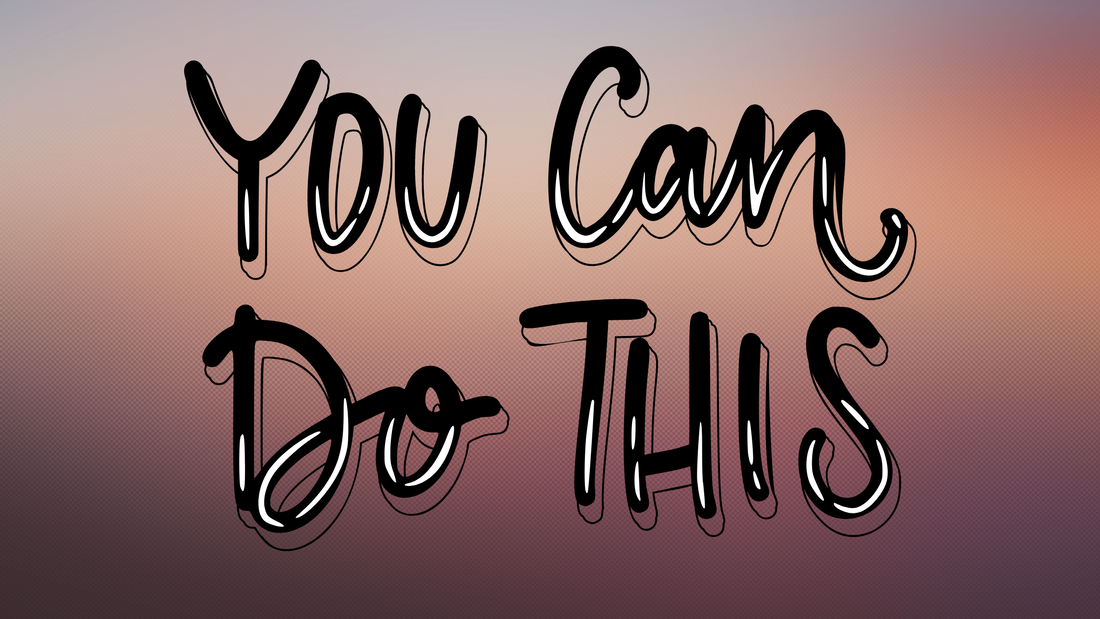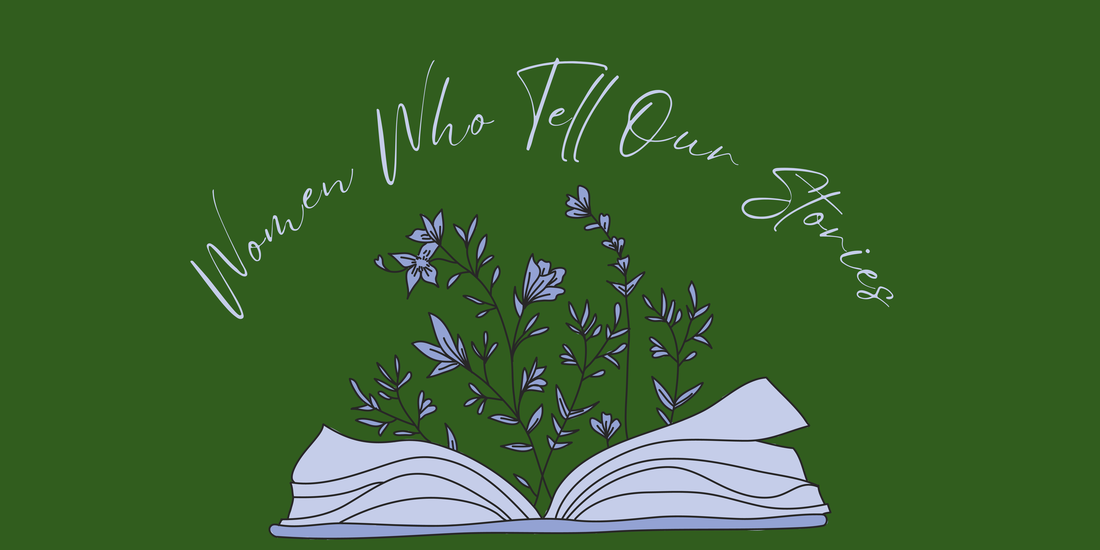|
It is once again college acceptance season - a time when high school seniors (and nontraditional students) receive acceptance, rejection or wait list letters from the colleges of their choice. Those with more than one acceptance will debate the pros and cons of various alma maters, while also figuring out financial aid, completing FAFSA and reviewing the logistics of living close to home or farther away.
For youth in foster care, this process is more complicated. In fact, the lead up to a college acceptance is more complicated, as the young people navigate not just the financial implications of attending college but also the systemic requirements of being a youth in care on or off campus. Those who have aged out of foster care are most likely trying to determine how they will support themselves through the next 2 or 4 or more years and scrambling to find, if not understand, the resources available to them. What young people need in these weeks/months, as they consider their next steps are support systems - people who can take them on campus tours, college professionals who can talk to them about campus resources and programming, someone - anyone - who understands FAFSA, and more. But what they need first and forever ongoing is someone who will say “You can do this.” Resources, programming and support networks are amazing and necessary. However, they don’t take the place of confidence, motivation and belief in one’s self. Those are hard things to muster when you’re a teen, let alone a young person in foster care. At the R.J. Leonard Foundation, we strive to be the voice of Yes You Can. We believe in our Fellows and work to help them believe in themselves, because we know they can do this.
0 Comments
This March we celebrate social workers and the impact they have on our community - both the individuals within it and the community as a whole. They are professionals who, in every way, work to break barriers. Social workers strive to find the resources individuals need, to empower their clients, and to fight for justice and equity. They are change makers.
At the R.J. Leonard Foundation, we are ever proud to have the support of social workers, whether they are our staff, board members, mentors, referral sources, community partners or (and we are especially proud of this) our Fellows themselves. Thank you for helping to break down barriers. We are better because of it. There will come a time when March does not remind us of closed office buildings, six feet, masks, hand sanitizer, fear and uncertainty. There will come a time when our memories of the COVID-19 pandemic will be distant. We won’t remember how our lives, though nearly back to normal, were changed - made more hybrid and perhaps more cautious. We may once again take for granted our ability to swing by a friend’s, have a meeting over coffee, or hug our youngest and oldest loved ones. There will come a time.
But it’s not here yet. We have just completed the third year of this pandemic, and we continue to learn how it has and will shape our lives moving forward. Not only how we act but how we think of our own well being and others has changed in the last three years. We are different. However, at RJLF and as always, the one thing that has not changed through this unprecedented time is our community of support - our Fellows, Mentors, Board Members and Community Partners. Thank you for sticking with us as the world changed. We are better for it and ever grateful. This Women’s HIstory Month, we celebrate the women who tell our stories - the authors, singers, writers, artists, advocates and more who highlight the victories, losses, big moments and small moments of women past and present. There are, thankfully, too many women who fall into this category to name them all and yet there are still not enough. So many stories remain untold. And that is why this month we ask you to celebrate the women who tell our stories by finding a way to tell your own and encouraging the women around you to do the same.
There is great power in telling your own story. In fact, storytelling is often used therapeutically to help individuals reclaim control over their history and their next steps as they reframe and gain new perspective. Those who have experienced foster care, for example, can use storytelling to recognize their own strengths and see how far they have come. It allows them a sense of autonomy after a childhood in which they so often feel powerless. At the R.J. Leonard Foundation, we have been privileged to hear some of those stories and experience how powerful they can be for the individual and those who listen. This March, tell your story, and listen to others. Celebrate each other. Senator John Fetterman checked himself into Walter Reed Medical Center in mid-February, seeking treatment for clinical depression that has been described as severe in the weeks since. In doing so and by sharing this information with the public, Senator Fetterman is doing something incredibly powerful - normalizing seeking help.
While the stigma surrounding mental health has lessened in recent years, it has not disappeared. There is still much room for improvement in how we support mental health and mental health treatment. While the idea of going to therapy may be more normalized today, the reasons we highlight for counseling are often minimized. Think about our fixation with the “worried well”. Mental health concerns and disorders run the gamut. Types of treatment range from outpatient to inpatient, short-term to long-term and semi-regular to intensive. If we truly want to address mental health and support the individuals struggling with it, we must erase the stigma at every level. Only then can the real work begin. We are thinking of Senator Fetterman as he continues treatment and wish him well. And simultaneously, we are hoping that those in need of help at this moment will see the senator’s willingness to seek support as their own green light to do the same. |
Categories
All
Archives
July 2024
|
|
1097 Street Road
New Hope, PA 18938 |




 RSS Feed
RSS Feed
